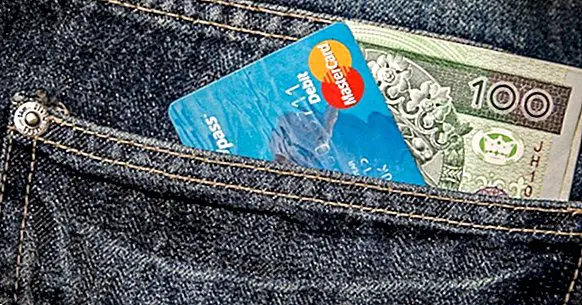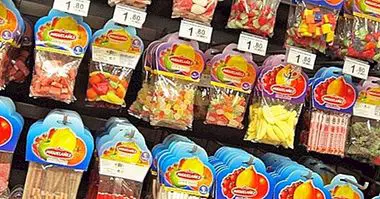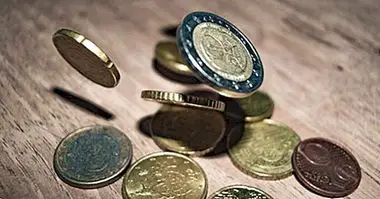The poor are more rational than the rich, making purchasing decisions
Imagine the following scenario. One working day you go to an establishment selling electronic devices with the intention of buying a new printer. Once there, someone informs you that the price of the printer is 250 euros and, however, you know that in a store 20 minutes from where you are you can get the same product for 50 euros less. Would it be worth it to make the trip to save that money?
Probably, unless some urgency arises. However, what would happen if the printer cost 1,000 euros? Would it still seem like a good option to walk for 20 minutes to save 50 euros? It is possible that in this case you have more doubts.
Poor and rich: what are the differences in how they manage their economic resources?
Interestingly, in the second case people are more likely to underestimate the convenience of going to the other store, although the savings is exactly the same in both scenarios: 50 euros, a not inconsiderable amount. Deciding to make the trip when the printer costs 250 euros but not doing it when it costs much more is a clear symptom that our decisions related to the purchase and the economy they do not attend only to rational criteria of cost-benefit . And, interestingly, it seems that this is more evident in people who are in a better economic situation, while poor people do not fall into this type of trap so easily.
A team of researchers has provided evidence on these differentiated trends, making rich and poor face a situation similar to that described in the example of the printer. To do this, they divided more than 2,500 participants into two groups: those whose incomes exceeded the national average and those whose incomes were below it.
The results, published in the journal Psychological ScienceThey are intriguing. While the members of the "rich" group tended to be more inclined to make the trip when the product was cheaper, this did not happen in the group of people with incomes below the average. The latter were equally likely to make the trip in both scenarios.
Why does this happen?
The researchers who led the study believe that this pattern is explained by the way in which the rich and the poor consider whether making the trip is worth it or not . People with high incomes would tend to approach the issue based on the price of the product, and since the discount may seem more or less insignificant depending on the total price to be paid, their decision would depend on the amount they have to disburse. This is an example of a heuristic: if the discount seems small compared to the price, it is really not too important. People with low incomes, however, would start valuing the discount, not the price of the product, and from there they would consider what they can buy with the amount saved: maybe some good pants, or a dinner for two in a restaurant.
In short, the value that people with little income would give the discount does not depend on the total price of the product , and for that reason it is a more robust and more rational criterion. Possibly, these people are forced to decide daily according to a logic of cost-benefit, while the population that is in a more comfortable economic situation can afford certain eccentricities when deciding what to buy and where to do it.
From economics to the way of thinking
Karl Marx argued that the conceptual categories with which we think have their origin in the different production modes of each era. In a similar way, studies like this show how the economic sphere influences the way of thinking . The dividing line between rich and poor is not only found in their material means of subsistence, but also in the different points of view they use to approach reality. In a way, having more or less possibilities to grow economically could make things look different.
This does not have to convert the most economically disadvantaged population into a privileged class, since they are more rational by taking certain types of decisions. They probably follow a cost-benefit logic because otherwise they can be harmed much more than the rest of the people: it is a style of thinking based on the need for subsistence . Perhaps understanding the pitfalls that separate the ways of thinking between the most humble popular layers and the privileged minorities can better address certain social problems.
Bibliographic references
- Shah, A. K., Shafir, E. and Mullainathan (2015). Scarcity Frames Value. Psychological Science, 26 (4), pp. 402-412.



















